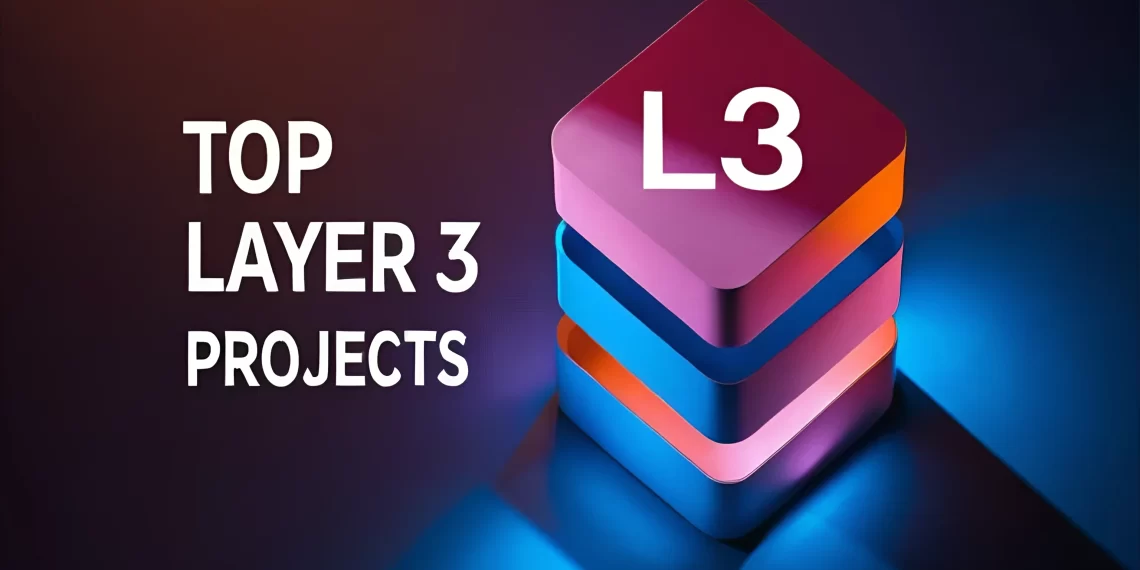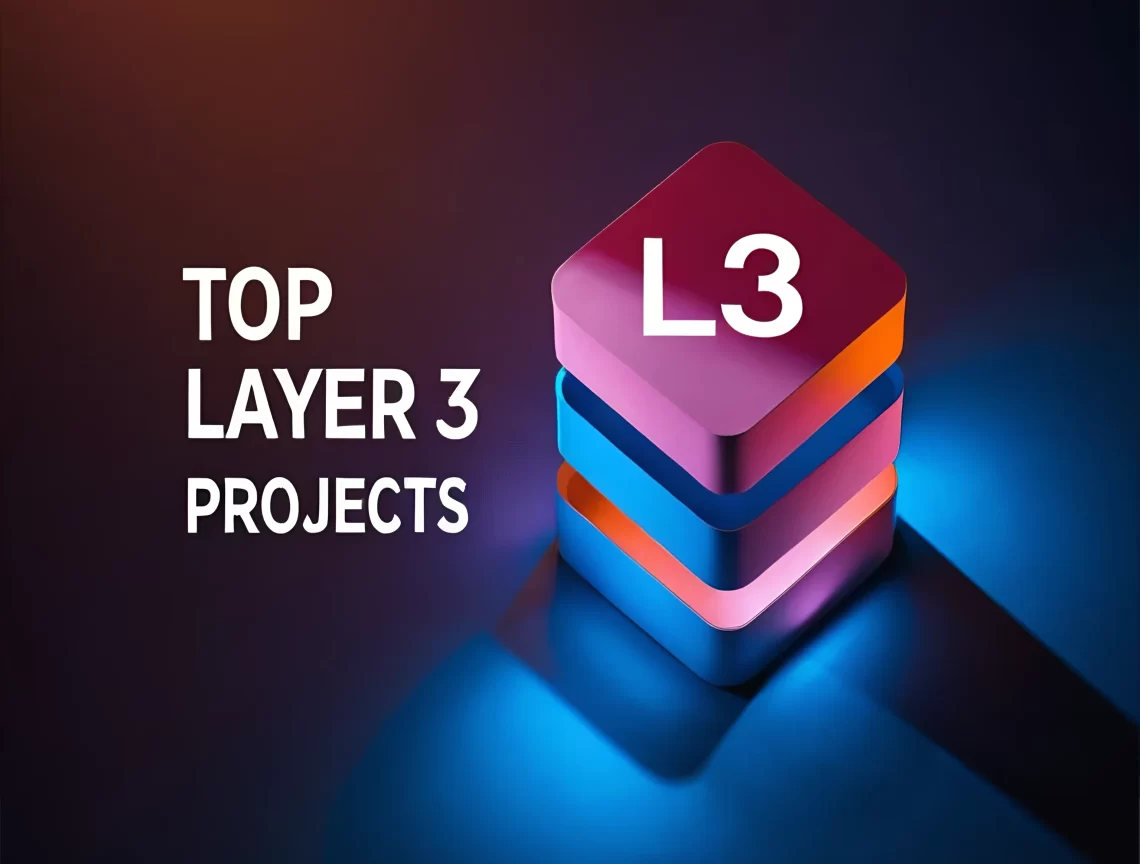Layer 3 uses deposits and batch publishing to reduce costs.
Although Layer 3 doesn’t increase general scalability, it does provide customizable functions like privacy.
L3 solutions, such as validiums, support weakly-trusted scaling.
Lately, there has been a growing discourse over Layer 3 solutions, with prominent figures in the business participating in the topic. CEO of Polygon Labs Marc Boiron said last Sunday that Layer 3 solutions don’t really provide much value to the Ethereum ecosystem and aren’t necessary for scalability. Now, Vitalik Buterin, another co-founder of Ethereum, has a similar perspective on this matter.
Ethereum Layer 3s Don’t Significantly Increase Throughput
According to Vitalik Buterin, Layer 3 solutions can lessen some fixed costs related to batch publishing and deposits/withdrawals, but they do not significantly increase throughput by themselves.
Buterin posted his September 2022 blog article, which describes the three distinct Layer 3s and their significance in the Ethereum ecosystem. He mentioned:
- The main use of Layer 2 (L2) solutions is for general scaling, with an emphasis on improving the overall scalability of applications. Conversely, Layer 3 (L3) solutions offer personalized features including privacy protection. Instead of aiming for “scalability squared,” this strategy consists of a single application-scaling layer in the stack, with additional layers serving the particular functional requirements of various use cases.
- L2 makes general-purpose scaling easier, and L3 provides customized scaling options. Tailored scaling can take on multiple forms: rollups that optimize data compression for particular applications by separating data from proofs and possibly replacing proofs with a single SNARK per block, or specialized applications that use computation methods other than the Ethereum Virtual Machine (EVM).
- In addition, L2 solutions address trustless scaling primarily via rollups, and L3 solutions address weakly-trusted scaling as demonstrated by validiums. Validiums use SNARKs to verify computations but give access to data to a committee or trustworthy third party. Validiums provide affordable scaling solutions in spite of having a lower security grade than rollups, which makes them especially well-suited for some applications—like enterprise blockchains.
“There are other, potentially “lighter,” ways to get the same cost savings that you get from L3s,” Buterin continued.

























